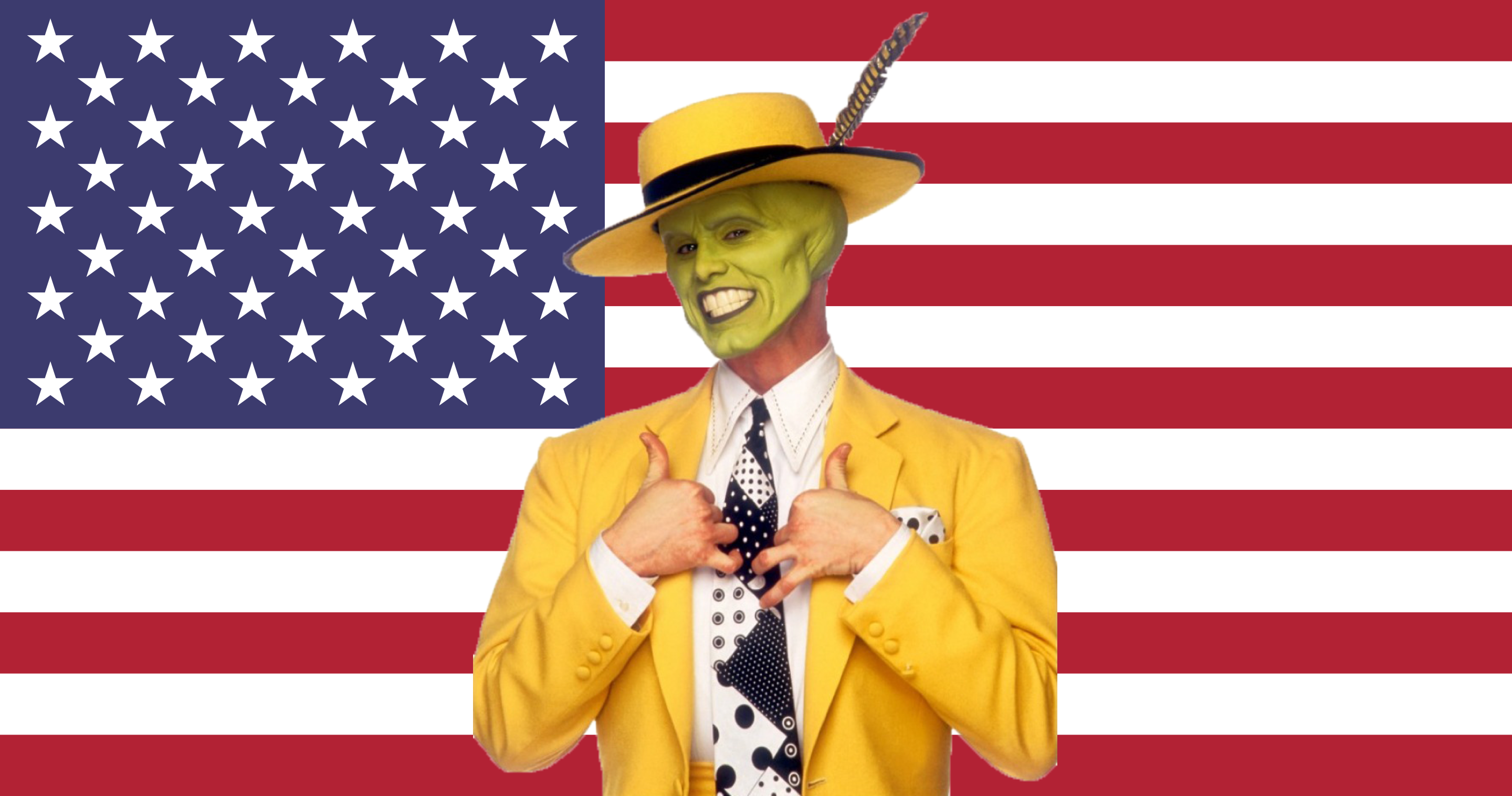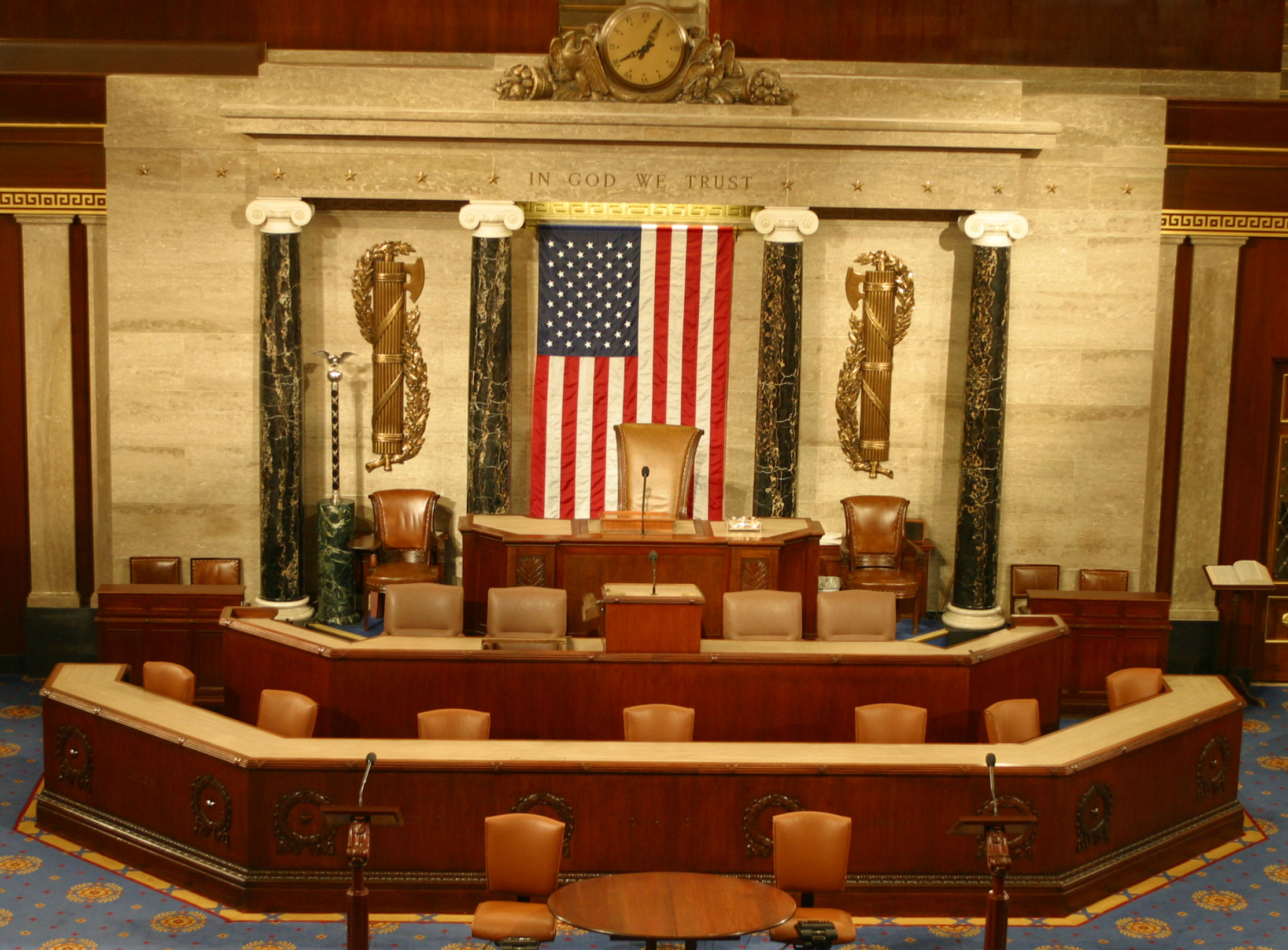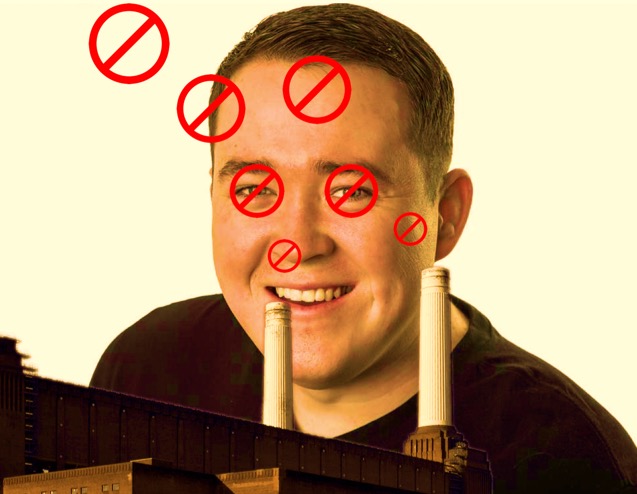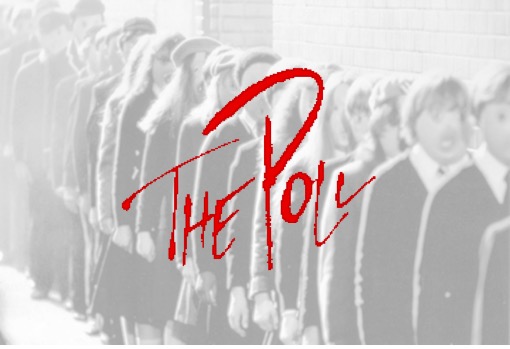Mask Charade

In real life, trade-offs abound.
Vice President Pence was criticized recently for not wearing a mask while touring a hospital. His explanation, that he wanted to “look these incredible healthcare workers in the eye and say thank you,” was mocked as “fragile masculinity.”
Masks have become essential in our covid-infected age. For those of us who cannot be on the “front lines” of the battle, we demonstrate our virtue by hunkering down in our homes, maintaining a “safe distance” from others, and donning masks.
Two months ago, mask-wearers were in the minority in stores where I live, in northern Virginia. Now, it is de rigueur. To be without a mask is to flout the precepts of morality; in many jurisdictions today, it is against the law. Even in those jurisdictions that have not legally required masks, local stores, citing new CDC “recommendations,” deny entrance to shoppers without masks.
The Hazy Scientific Evidence
One would think that such a dramatic shift in mores and law would have been demanded only when the scientific evidence justifying it was clear. In fact, the evidence is inconclusive. Unappreciated is that viruses are nanotesimally small—indeed, 10 to 100 times smaller than bacteria. They are not even visible by ordinary microscopes. Given the porousness of the fabric in ordinary masks, viruses are able to frolic through, mostly unimpeded.
After initially discouraging masks, the Centers for Disease Control changed its tune on April 3, recommending them in “all public settings where other social distancing measures are difficult to maintain.” What new evidence supported this change was never explained. Indeed, the World Health Organization to this day doubts that masks provide any benefits to mask-wearers in ordinary settings:
There is currently no evidence that wearing a mask (whether medical or other types) by healthy persons in the wider community setting, including universal community masking, can prevent them from infection with respiratory viruses, including COVID-19.
And according to Swedish epidemiologist Anders Tegnell, the benefits to others from wearing a mask are “very difficult” to measure. Yes, masks are useful in preventing transmission of a respiratory infection in those who are already symptomatic, but as Tegnell explained, it’s much more important to encourage sick people to stay home than to require everyone, at all times, to wear a mask. A 2013 study did conclude that surgical masks significantly reduce the transmission of large viral droplets. But the study added:
surgical masks are not as efficient at preventing release of very small particles. . . We had hypothesized that when used as source control, exhaled droplets might be large enough prior to evaporation to be effectively captured, primarily through impaction. This appears to be true for virus carried in coarse particles. But the majority of virus in the exhaled aerosol appear to be in the fine fraction that is not well contained.
And of course, many people today are wearing bandanas or cotton masks, rendering laboratory results for surgical masks of dubious validity.
Another defense of masks has arisen—that they discourage touching one’s face, and thereby carrying germs to one’s nose and eyes. Yet for many of us, wearing masks produces compulsive readjustments and face-touching. Which is precisely why, as late as March 31 of this year, Surgeon General Jerome Adams advised against masks, saying that they “can actually increase your risk” of getting the disease.
It is striking that during the 1918 influenza, some jurisdictions, such as San Francisco, mandated masks, while others did not. As best observers could tell at the time, and since, there was no difference in mortality rates.
Perhaps the strongest argument for wearing masks in stores is that it makes employees feel less apprehensive. This is a serious concern, and, if true, should be taken into account. It is a puzzling concern, however, for the Centers for Disease Control. The very fact that the CDC flip-flopped so suddenly on the mask issue makes this a paradigm case of unreasoned agency decision-making, ripe for skepticism and challenge by all citizens.
The Costs
If the benefits of wearing masks are uncertain, there are also nontrivial costs, in terms of diminished social contact and increased anxiety, with an inevitable reduction in the strength of the community’s—and the individual’s—health.
Most simply, masks are uncomfortable and obstruct breathing. Masks also interfere with important visual cues, including microexpressions around the mouth. They thus diminish the ability of human beings to communicate and forge meaningful communities.
My life tends to the abstract and cerebral, so my weekend visits to local stores, at least pre-covid, situated me in a concrete world. I would run into a brother-in-law, or one of my kids’ teachers, or someone I knew years ago who had moved back to town. Families with young kids abounded and suffused the store with laughter and cries. I would see the same people at the deli counter and checkout lines, learn about disputes with an employer or the birth of a grandchild.
Masks make all of this impossible. The mood in stores and on streets today is one of creepy horror, an apocalyptic movie in which I have been cast, involuntarily, as an extra. Eye contact is avoided. Conversation is stifled. People retreat into their own worlds and become preoccupied by their mounting fears.
To be sure, even paranoids have real enemies: some degree of fear about the coronavirus is appropriate. Many precautions should be adopted, including masks in certain conditions. To some extent, of course, our communal life will be necessarily diminished. But when fear bleeds into terror, immune systems are degraded, rendering more and more of the population “vulnerable” to this dreaded disease.
When I see people wearing masks while walking on sparsely traveled suburban streets, where the chance of contracting covid-19 asymptoticly approaches zero, I have the sense that I am in the presence of people who have already been infected: by a brain virus. They are so terrified of going outside that they think they need to be armored to do so.
This is heartbreaking, and the people who have instilled this terror have done great harm to the body politic. There is accumulating evidence that people need to go outside, increase their vitamin D levels, and thereby strengthen their immune systems. Mask culture is not simply costless, as some have argued.
Politics as the Master Science
So no, we should not defer to the experts. Experts are by definition narrow; they are prone to tunnel vision. Dermatologists, for example, have for years badgered people not to get “too much sun.” Hammers see only nails, and dermatologists are trained to see skin cancer. It turns out that sun bathers may live just as long, if not longer, than those who shelter indoors, apparently because the sun triggers production of vitamin D.
In real life, trade-offs abound.
Experts should be consulted, but citizens cannot abdicate the most important issues to them. In the legal system, for example, a criminal defendant will occasionally claim immunity from punishment because he is “insane.” Typically, in such cases, medical experts testify about the defendant’s mental health, but we do not delegate the matter to them. It is left to the judge and jury.
There is no need for a top-down solution with regard to masks. America’s federal structure creates opportunities for greater knowledge. Perhaps some jurisdictions, given local conditions, will retain legally required masks; others will opt to abandon them. Decentralized solutions generate more data for analysis. As John McGinnis writes, “decentralization facilitates the empirical investigation of the differing consequences of social policy.”
Aristotle taught that politics was the master science because it orders all other sciences. The question of whether to require masks, either by law or custom, is a political one, and it requires political deliberation. Vice-President Pence was right: something is lost when human interaction is mediated through masks. And if the benefits of masks are ever established, they would still need to be weighed against those costs; and that balancing should be undertaken not only by scientists, but by all citizens.
The American Mind presents a range of perspectives. Views are writers’ own and do not necessarily represent those of The Claremont Institute.
The American Mind is a publication of the Claremont Institute, a non-profit 501(c)(3) organization, dedicated to restoring the principles of the American Founding to their rightful, preeminent authority in our national life. Interested in supporting our work? Gifts to the Claremont Institute are tax-deductible.
Voters are growing sick of being sold as news.
Every nation is shaped by its canon. It’s time to shape America’s.






